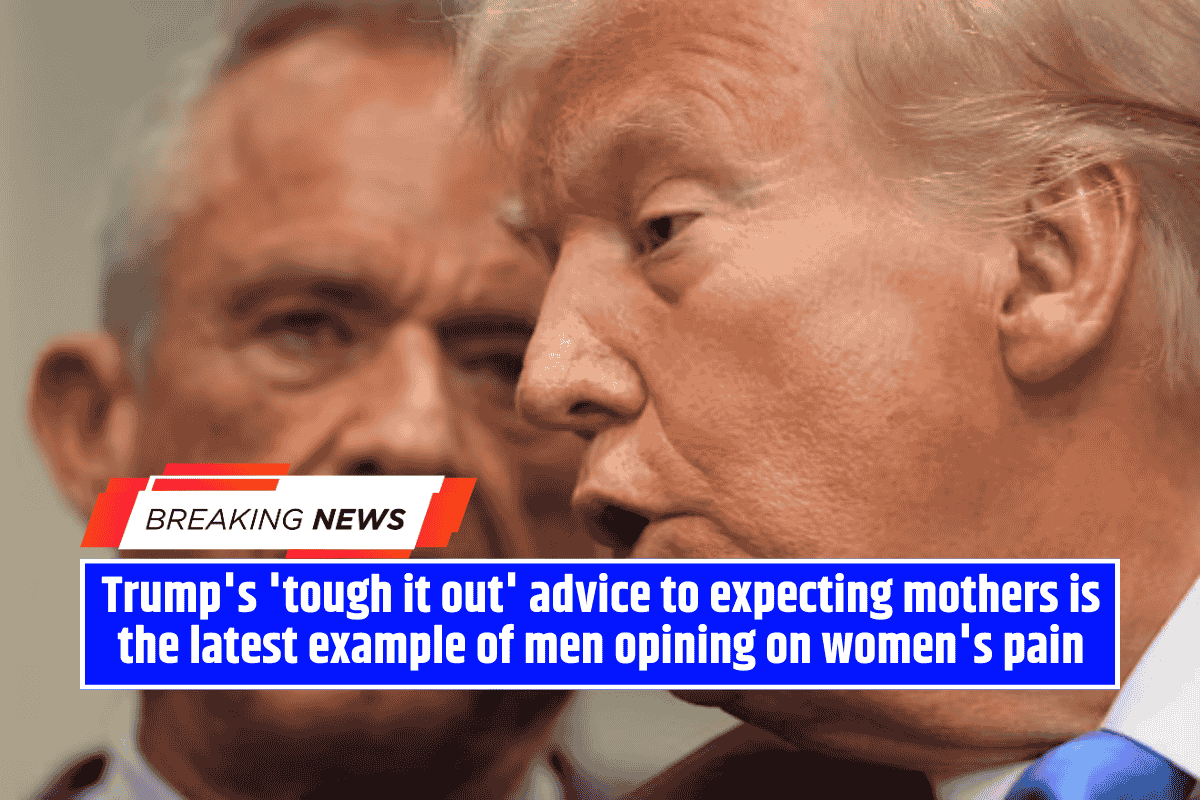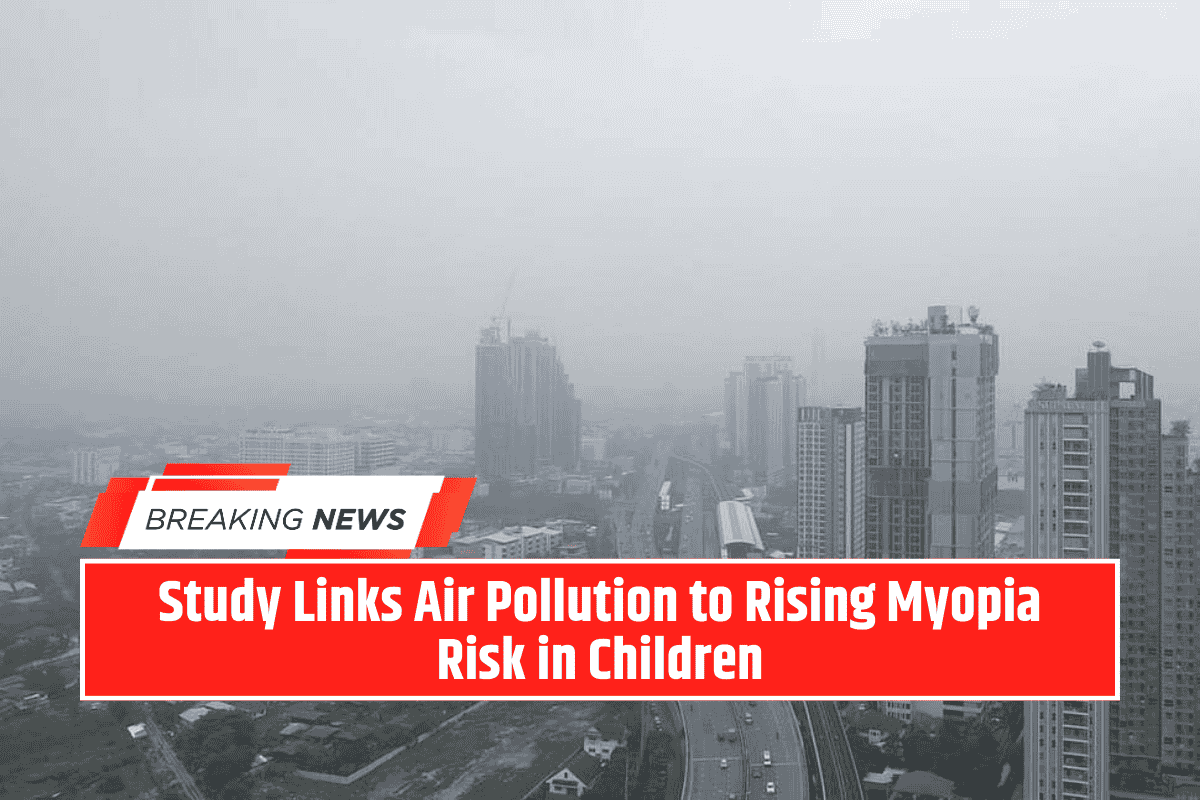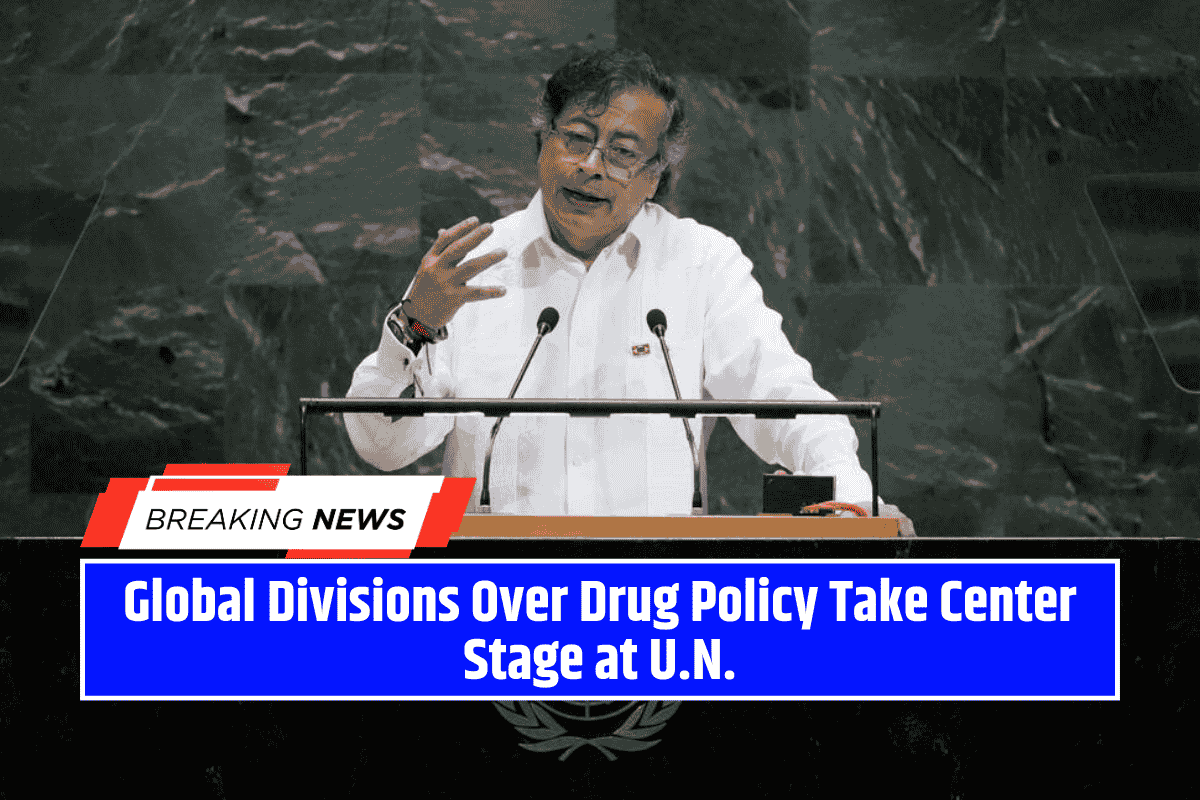At a White House press conference on autism, President Donald Trump advised pregnant women to “tough it out” rather than take Tylenol (acetaminophen).
Repeating the phrase nine times, Trump suggested expectant mothers should endure pain or fever, despite acetaminophen being one of the few recommended pain relievers during pregnancy.
His comments sparked widespread criticism from women’s health advocates, medical professionals, and autism experts.
Women’s Rights Advocates Respond
Critics argued that Trump’s remarks trivialized women’s pain and revived harmful narratives that blame mothers for autism.
- Amanda Tietz, a women’s rights advocate, said the comments were “infuriating” because they dismissed both women’s suffering and the risks of fever-related miscarriage.
- Former Surgeon General Jerome Adams posted that the remarks stigmatized pregnant women, mothers of autistic children, and autistic people themselves, calling for greater compassion.
Medical Experts Push Back
Doctors emphasized that Trump’s advice was incomplete and misleading.
- Dr. Nicole B. Saphier of Memorial Sloan Kettering noted that while moderation in acetaminophen use is recommended, untreated pain and fever during pregnancy can pose serious health risks. She said the president’s delivery was “patronizing” and overlooked critical medical context.
- For decades, acetaminophen has been considered the safest option for pregnant women when used under medical supervision.
A History of Paternalism in Women’s Health
Historians and advocates placed Trump’s remarks in a broader context of men shaping — and often misrepresenting — women’s health policy.
- Past misconceptions, like the discredited “refrigerator mother” theory of autism, blamed mothers for their children’s conditions.
- Mary E. Fissell, a Johns Hopkins professor, said Trump’s rhetoric echoed centuries-old ideas like “maternal imagination,” which wrongly suggested a woman’s thoughts or feelings could shape her unborn child.
Political and Cultural Context
Trump’s comments also highlight his broader history of inflammatory remarks about women, from disparaging journalists to using sexist stereotypes against political opponents.
In the wake of the Supreme Court’s 2022 decision overturning Roe v. Wade, reproductive autonomy remains a contentious political issue, amplifying reactions to his statements.
Autism Community Reaction
Alison Singer, founder of the Autism Science Foundation, said the comments resurrected damaging blame narratives. “He basically said, if you can’t take the pain, if you can’t deal with the fever, then it’s your fault,” she said.
A Moment of Acknowledgment
During the press conference, Trump briefly acknowledged the awkwardness of his directive, saying, “You know, it’s easy for me to say tough it out. But sometimes in life or a lot of other things, you have to tough it out also.”









